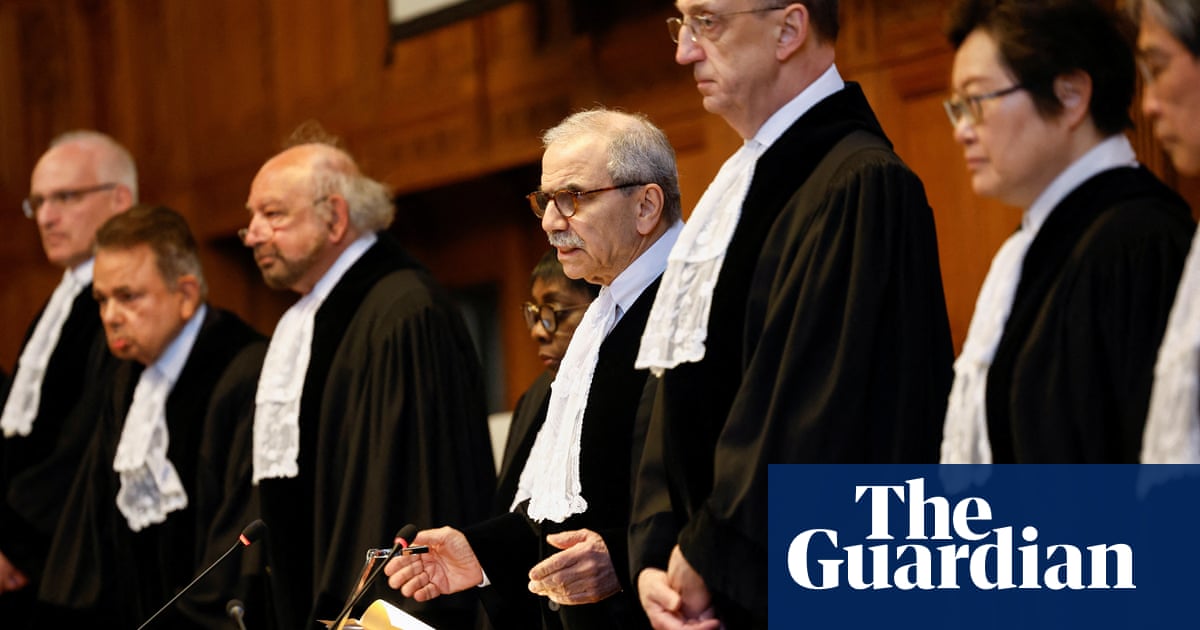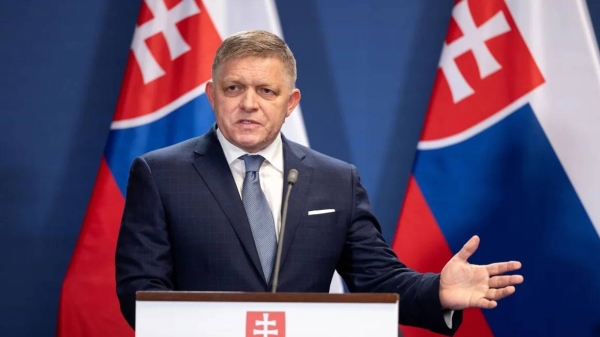
Kabul argues this man has committed crimes, killed Afghans, and since there is no extradition treaty between us, we will punish him under local laws, while Pakistan insists he has to be submitted to Islamabad
KABUL: Kabul on Friday rejected Islamabad’s request to hand over a senior Daesh leader of Pakistani origin who was recently arrested.
Aslam Farooqi was captured in an operation by intelligence forces along with 19 other key affiliates of the group.
Islamabad summoned Kabul’s envoy to Pakistan, Atif Mashal, following a demand for Farooqi’s extradition.
“Aslam Farooqi is among the leaders of Daesh who has carried out many crimes in Afghanistan,” the Afghan Foreign Ministry said.
“Since there is no extradition treaty between Afghanistan and Pakistan, Aslam Farooqi will be dealt with based on Afghanistan’s laws. Afghanistan makes no difference between terrorists, and they will be brought to justice as the country is committed to anti-terrorism.”
Pakistan’s Foreign Ministry has argued that Farooqi should, however, be handed over for further investigation.
“The handover of Farooqi is a controversial issue between Afghanistan and Pakistan,” analyst Taj Mohammed told Arab News.
“Kabul argues this man has committed crimes, killed Afghans, and since there is no extradition treaty between us, we will punish him under local laws, while Pakistan insists he has to be submitted to Islamabad. Let us hope this issue does not add to the load and historically uneasy relations between them and impact recent efforts for normalizing ties.”
Farooqi’s arrest was described as a “massive victory” and a “treasure of intelligence” by Afghanistan’s first Vice President Amrullah Saleh, who said national spy agencies would have to use special tactics to “make him talk.”
According to Taliban sources, Farooqi turned himself in to seek shelter from a Taliban siege of Daesh in Afghanistan’s northeastern Kunar province.
“Government forces have given him shelter, and now they take credit and are claiming his arrest,” Afghan Taliban spokesman Zabihullah Mujahid told Arab News.
“The mujahideen of the Islamic Emirate had besieged Farooqi in the Mazar Darra area of Kunar, and he established contact with the Kabul administration’s forces and surrendered to the government in the wake of his contact,” Mujahid said, adding that Farooqi and other Daesh operatives were taken to a guesthouse by government forces through an understanding with them.
Afghan officials have in the past few years reported killing or arresting Daesh leaders in Afghanistan in joint raids with US-led troops.
Afghan President Ashraf Ghani and other officials have even claimed to wipe out the Daesh network in the east of the country, which is the bastion of the group near the Durand Line, a lawless and porous region that forms the border between the two countries.
But Daesh has claimed responsibility for two massive and deadly attacks in Kabul in the past two months and, more recently, for a rocket strike on the Bagram airfield – a significant US military base to the north of Kabul.
Farooqi’s arrest came nearly two weeks after the group claimed responsibility for a suicide attack on a Sikh temple in Kabul, which killed at least 25 worshippers, the first attack of its kind against non-Muslims by the group, which has targeted Shiites in many of its past attacks.












